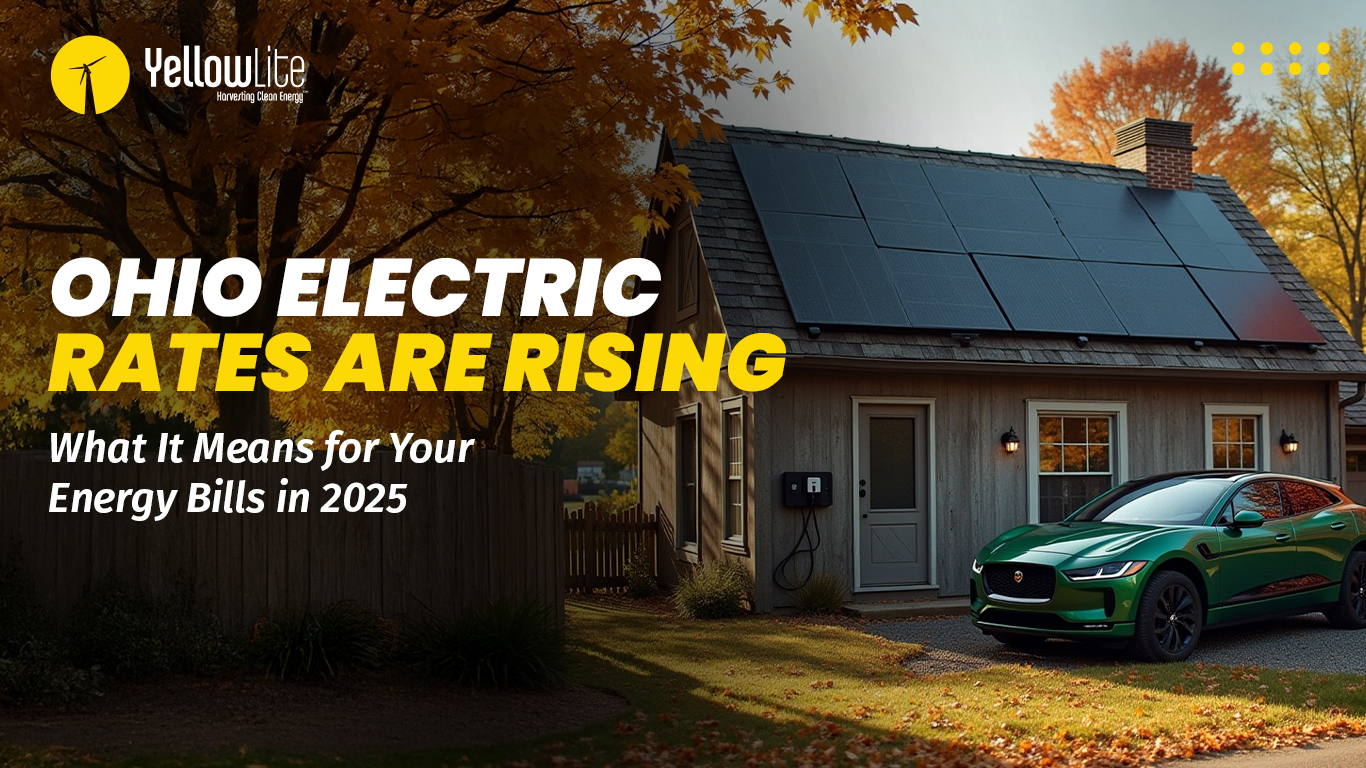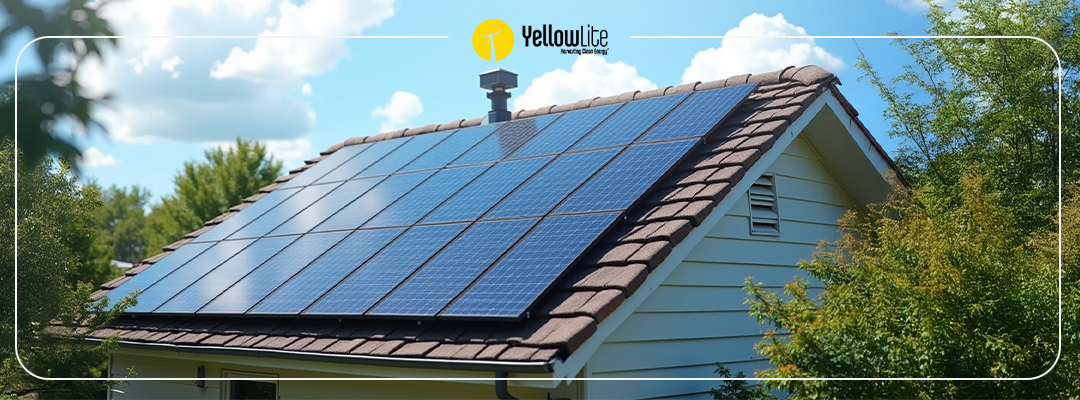A big misconception about solar energy is that you’ll install solar panels onto your roof, and voila! They’ll produce power, even in a power outage. If only were that easy—if you want to go off-the-grid and have power when your neighbors don’t, you’re going to need a solar battery.
If your solar PV system is like the majority of systems, it is grid-tied, which means that it is supplemented with electricity from public utilities. This has its benefits—when your system produces more energy than you are consuming, you will send energy back to the grid, and the utilities must pay you for it. However, this also means that your solar system will shut off in a power outage. This may be frustrating, but it is necessary for safety. If your solar system was still sending power back to the grid in an outage, it would shock any utility workers fixing the lines. This is called anti-islanding.
Still, it can be incredibly frustrating to be in a power outage as the sun shines overhead and your system can’t produce power. The answer to this problem lies in a solar battery. Whether you’re looking to take your entire system off-the-grid and produce your own power all year-round, or you just want to make sure your refrigerator works when there’s a winter storm, adding solar batteries to your system will give you a reservoir of energy to draw from when needed.
Why you should add solar batteries
Most people don’t have batteries because their utility power is reliable, especially if they live in the suburbs or the city. However, we hear from many people who are concerned about the future of the American electric grid—they may fear some sort of event that takes down all the power, or they’re concerned about rising rates. A solar battery, in this case, provides stability, knowing that no matter what—even if everyone around you doesn’t have power—your panels will continue to service your house.
If you live in a place with unreliable power, or no power at all, batteries for your system are always recommended. Even if your utility works perfectly, there are some who simply want to remove themselves from all dependency on utilities.
The best time to get a solar battery is when you are initially installing your system. However, if you already have a PV system and want to add batteries later, you need to make sure of a few things.
Requirements
-
Batteries will require a special inverter. The inverter is what converts the raw DC energy from the panels into safe AC energy that your home uses.
-
If your inverter isn’t battery compatible, you will either have to replace it or add another inverter in a process known as AC coupling—a complicated wiring scheme that will allow you to draw from both the grid and your batteries when needed.
-
The next thing you will need is a battery. There are several different kinds, but we at YellowLite use state-of-the-art lithium-ion solar batteries, which have a lifespan of over ten years.
-
Finally, you will need other equipment such as wires, subpanel, auto-transformers, and a charge controller.
-
You will also need an installation team and permit. Installation of these batteries can become very complicated, but our company has years of experience in solar battery installation and handles everything from permitting to purchasing the equipment.
Should I add batteries to my PV system?
Customers greatly vary in their motivations for going solar. These include:
-
The financial return on solar panels, that generates savings for decades.
-
Helping the environment and significantly reducing their household’s carbon footprint.
-
In places with unreliable or no utilities, solar provides a stable source of power.
Solar batteries are most relevant for the last group, or for anyone who wants to make sure their panels work in any contingency. You won’t recoup a major investment by purchasing a solar battery, but you will buy important peace of mind. We strive to be honest with our customers on whether batteries are a good fit for them, and we are always available for questions and consultation on the subject.



